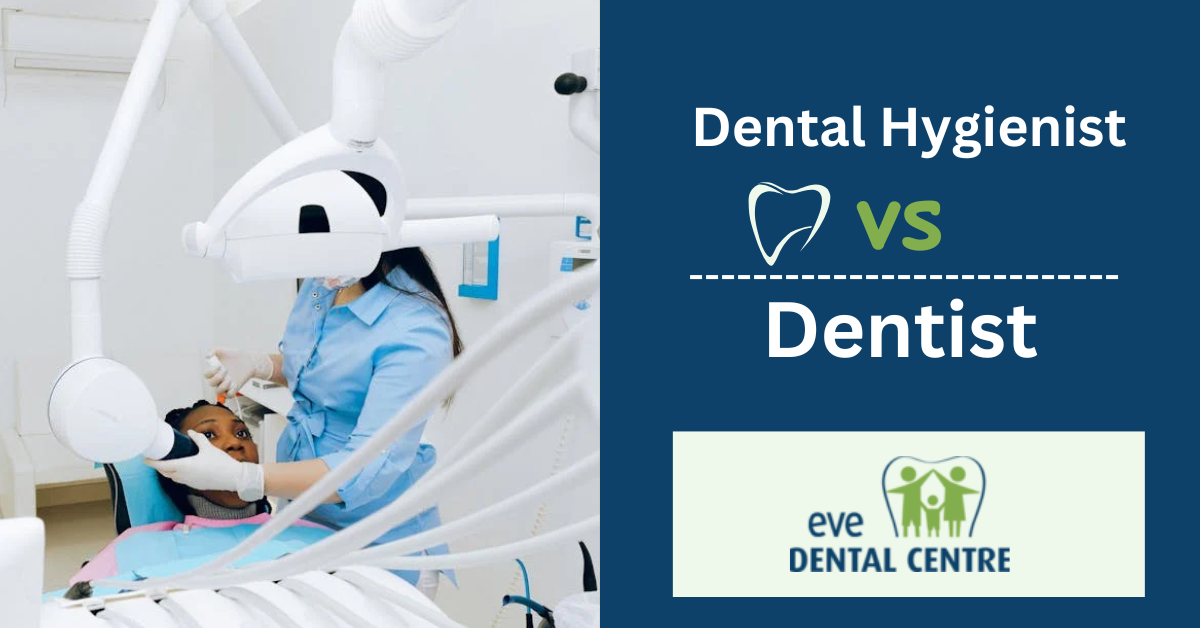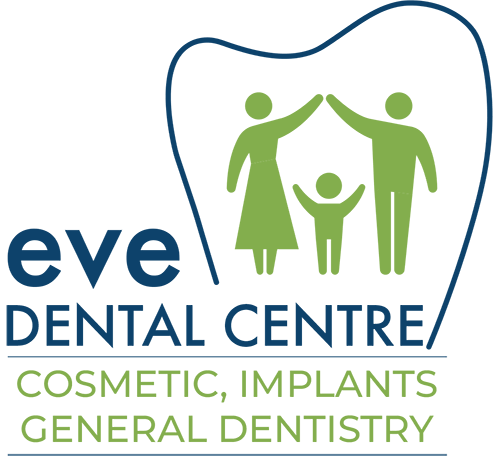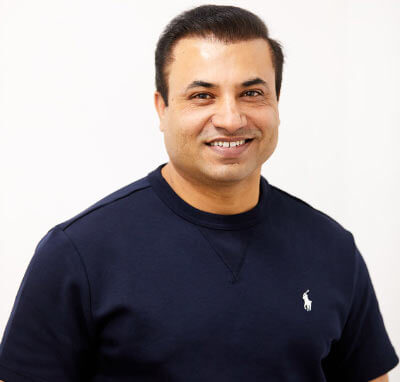Dental Hygienist vs Dentist: Understanding the Key Differences and Choosing the Right Professional for Your Oral Health Needs
In terms of dental care, the profession of dental hygienists and dentists has many differences. Even though both work in dental fields, their duties are quite different; however, the two are very important in promoting the health and well-being of teeth. All need to understand Dental Hygienist vs Dentist to visit the right clinic for their dental needs.
We have explained what dental hygienists and dentists do, how they work together to care for your teeth, and how they perform their duties. With this information, dental clinic visits become less confusing. If you’re searching for the Best Dentist Near Me, understanding these roles ensures you choose the right professional for your needs.

What Is a Dental Hygienist and How Do They Help Maintain Your Oral Health? Explore Their Role in Preventive Dental Care
The dental hygienist can be considered a major professional part of the dental care team, whose sole work is mainly concerned with preventive dental care.
Examples of the duties they are assigned include cleaning the mouth comprehensively, taking pictures of patients’ mouths, and assessing their mouth health. Hygienists involve patients in the knowledge of proper dental hygiene and thus notify them of the necessary daily care as well as the recommended dental checkups.
As professionals in dental and oral hygiene, which requires an associate’s degree in dental hygiene and state licensure, they bridge an important gap to help patients avoid cavities and gum disease and properly care for their teeth to maintain good dental health.
Roles of a Dental Hygienist
- Conduct regular checkups and cleanings, scaling of the teeth in an attempt to remove the plaque and tartar.
- Under X-ray and determine the state of patients’ oral health status.
- Teach the patient about personal oral hygiene measures and dental health promotion.
- Support the examination process by pointing out the changes in patients’ conditions, if any.
- Store data about current and former patients and change their plans.
- All measures related to infection control and cleanliness in the working environment should be under his/her control.
Who Is a Dentist, and Why Are They Essential for Maintaining Your Oral Health? Understand Their Role in Preventive and Restorative Dental Care
A dentist is a qualified healthcare professional who deals with the diagnosis, treatment, and prevention of diseases affecting the oral cavity. A dentist gets a bachelor’s degree and then goes to dental school to earn a Doctor of Dental Surgery or Doctor of Dental Medicine degree, and then must complete a clerkship or an internship.
They are also legally allowed to undertake operative procedures like fillings, crowning, root canals, and extraction, and overall supervision of the total oral health of their patients.
Dentists also diagnose, treat, and advise on a course of action to be taken in case of any dental problem, and also attend to cosmetic concerns, hence being very relevant in the overall functionality as well as the aesthetics of the human face.
Roles of a Dentist
- Identify diseases affecting teeth, gums, or jaws, and recommend appropriate therapy.
- Carry out associated elaborate operations, such as fillings, crowning, root canal therapy, and tooth extraction.
- Perform detailed oral surveys to determine the health of teeth as well as gums.
- Cover all the issues related to beauty, including getting a brighter smile through whitening your teeth or getting veneers.
- Administer other medications such as relief, analgesics, and antibiotics.
- Screen and assess for oral health issues and teach the patients about standard oral hygiene practices.
- Inform the patients on dental health and the ways they may prevent diseases.
Dental Hygienist vs Dentist: Main Differences
Education and Training:
Dentists usually take a four-year college course and then do four years of dental school to receive the Doctor of Dental Surgery or the Doctor of Dental Medicine degree. They are required to receive training on numerous dental operations and customer relations.
Dental hygienists are typically graduates of a two-year dental hygiene associate’s degree, including academic work and supervised experience. Others may work toward a bachelor’s degree for higher-level positions, but the level of education is not as demanding as that of dentists.
Scope of Practice:
General dental practitioners have wider working powers and are legally authorized to diagnose diseases related to the teeth, operate on the mouth and jaws, and restore teeth and tissues. They can diagnose some forms of intricate oral problems and recommend some treatments and medicines.
Dental hygienists give concentrated care on preventive techniques, including cleaning, taking x-rays, as well as counselling the patient on health issues related to do with the mouth. They support the examination but do not diagnose or cure complicated oral conditions.
Responsibilities:
Dentists are, in fact, professionals who include planning and managing care, treatment, procedures involved, as well as the cosmetic aspect of the teeth. They superintend the team of dentists and practically decide on the fate of a patient.
Dental hygienists’ main area of specialisation mostly revolves around oral hygiene and the prevention of diseases. Among them are teeth cleanings and any other basic dental handling within the jurisdiction of a dental practitioner.
Patient Interaction:
Dentists themselves spend more time with the people they are treating, discussing their conditions, treatment possibilities, and the kind of continuing management that may be needed.
Dental hygienists may spend more time talking to patients, providing them with essential information during ordinary check-ups.
Licensing and Certification: Ensuring Trusted, Professional Care
- Dentist: Doctor of dental surgery holders are required to complete stringent national and state licensing examinations to practice dentistry.
- Dental Hygienists: They also need a state license, though the tests and procedures are not as complicated as those of a dentist.
Such distinctions can assist the patients in apprehending the kind of dental visits that are expected from them, as well as the distinctions between the two significant oral health professions.
How Often Should You Visit A Dental Hygienist?
A dental cleaning is important for general health since the dental hygienist suggests that a person should go for a cleaning and check-up every six months. This check-up is done twice a year to clean the teeth to ensure that there is removal of plaque and tartar, which might not be removed by brushing.
In the same respect, these appointments afford the chance to discover other dental problems, ranging from tooth decay to periodontal disease, at stages where they are easily manageable.
However, there may be people who have certain specialised dental issues or prior gum disease or orthodontic work that may require more – every 3-4 months. In this case, it may be recommended that you consult your dentist to find out how often you should visit for your oral hygiene routine.
Conclusion: Dental Hygienist vs Dentist
It is quite clear that dental hygienists and the roles they play are different from the roles that dentists play to manage oral health care successfully. Dental hygienists are focused on cleaning the teeth and educating the patients, while dentists are involved with diagnosing the patient, treatment, and more comprehensive dental operations.
These distinctions can be understood so that the patients realise the situations in which they require full, overwhelming dental attention to their needs. Dental hygienists and top-rated dentists make their best efforts to keep patients’ oral health at a high standard.



